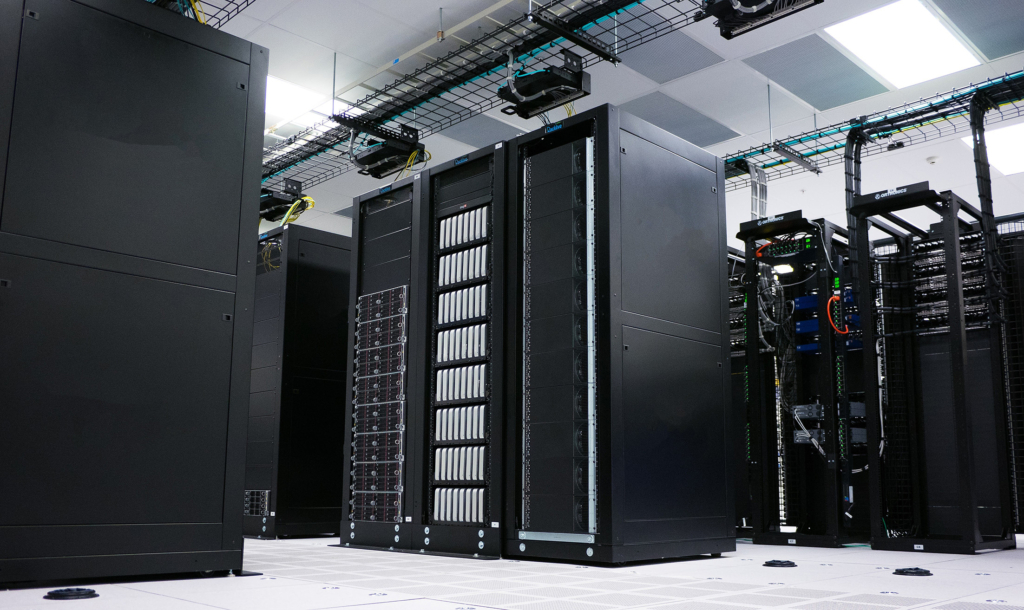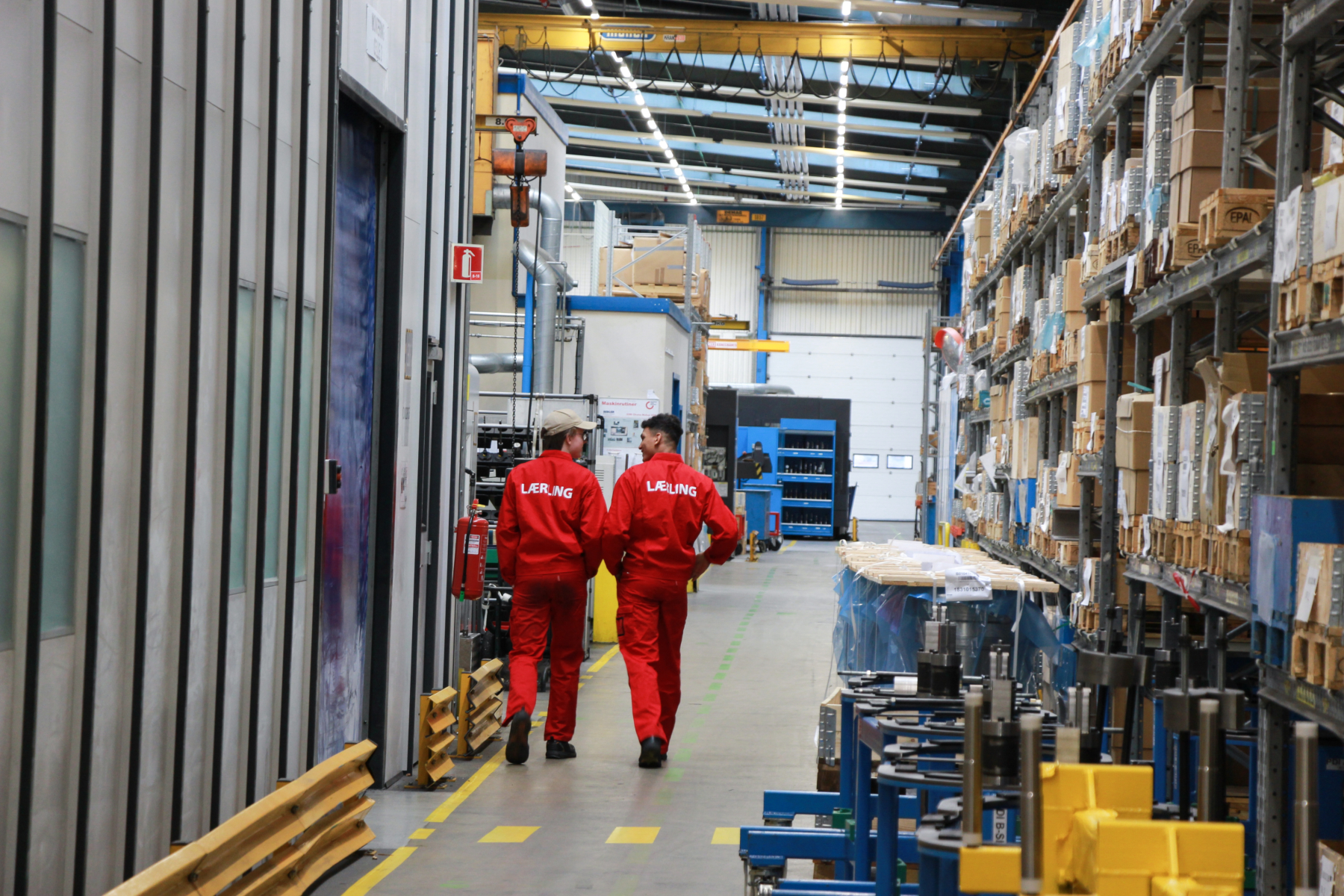| On Land.
In a data center, combining fuel cells and reciprocating engines can create a more reliable and efficient power generation system. This hybrid approach is often used to take advantage of the strengths of both technologies while mitigating their weaknesses.
Primary Power: Fuel Cells
Fuel cells offer high energy efficiency and low emissions, making them an excellent choice for continuous, eco-friendly power generation. Fuel cells can provide a stable baseline of power to meet the data center’s everyday electrical needs.
Backup Support: Reciprocating Engines
Reciprocating engines, such as our medium-speed natural gas generators, can be used as backup power sources. They are known for their quick start-up times and can rapidly provide power in the event of grid outages or during periods of high demand. These engines can automatically kick in when the primary power source experiences a failure.
Load Balancing and Redundancy
The combination of fuel cells with reciprocating engines offers load balancing and redundancy. During periods of peak demand or when the primary fuel cells need maintenance, the reciprocating engines can supplement the power supply. Conversely, when the grid power is unreliable or during an outage, the fuel cells can continue to provide power with the reciprocating engines support.
Energy Storage Integration
To enhance system flexibility and reliability, energy storage systems like batteries can be integrated in to the hybrid setup. Batteries can store excess power generated by the fuel cells during low-demand periods and discharge it during peak demand or outages, reducing the load on the reciprocating engines. Bergen Engines are known for their high efficiency and low emissions in varying loads, and can be operated on low load levels for extended periods of time.

The benefits of a hybrid approach with fuel cells and reciprocating engines in a data center:
- Reliability: The combination of fuel cells and reciprocating engines ensures a reliable power supply with minimal downtime, as each technology compensates for the other’s weaknesses.
- Energy Efficiency: Fuel cells provide high energy efficiency for continuous power, while reciprocating engines offer quick response times during sudden load spikes or outages.
- Reduced Emissions: The use of fuel cells as the primary power source helps maintain low emissions, which is essential for data centers seeking to reduce their environmental footprint.
- Cost Savings: By using reciprocating engines as backup power sources, data centers can avoid the need for large, redundant fuel cell systems, potentially reducing capital and operating costs.
By combining fuel cells and reciprocating engines in a data center and carefully managing their operation, data center operators can achieve a balance of energy efficiency, reliability, and environmental sustainability while meeting the power demands of their facilities.

